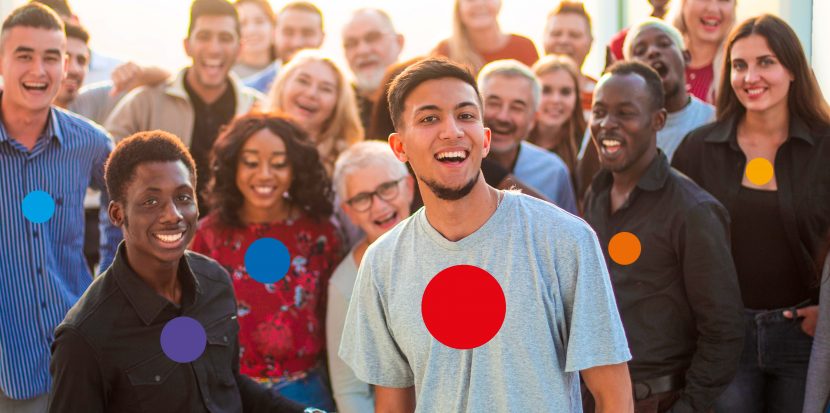Outcomes from the piloting phase of ACTIon
During 2022, ACTIon partners involved over 560 young people in DigiPAC training, and a further 20 in MOLA. Partners have built a network of over 30 youth NGOs and school, with over 60 practitioners in a position to deliver either DigiPAC or MOLA training.
Young people’s self-rating indicated the skills they developed most during the training was in knowing what information they can believe online, and in how to take action when they see something is wrong. The first outcome should not come as a surprise, given ACTIon’s focus on developing critical skills when engaging with online content. According to one young person from North Macedonia:
“I realised I’m quite good at searching online media and can assess and understand people on social networks and in person.”
An even more encouraging outcome is the fact the majority of young people felt they had improved their readiness to take action when they see something is wrong. It underscores the potential of ACTIon interventions to improve young people’s sense of agency, not only equipping them with stronger analytical skills, but enabling them to do something about the challenging situations they face.
In line with the outcomes for young people, practitioners agreed the training had had its biggest impact on their ability to help young people critically engage with online content, as well as engaging with community action. Teachers in particular were beneficiaries of seeing how ACTIon can help them make connections beyond the classroom to the real world.
In terms of delivering DigiPAC and MOLA, the message has come through from young people and practitioners that less is more, and that slimming down the number of activities in sessions, or expanding the intervention over time will help young people digest and integrate the content. As partners role out the interventions, they have an eye to exploring how this can be done.

No Comments